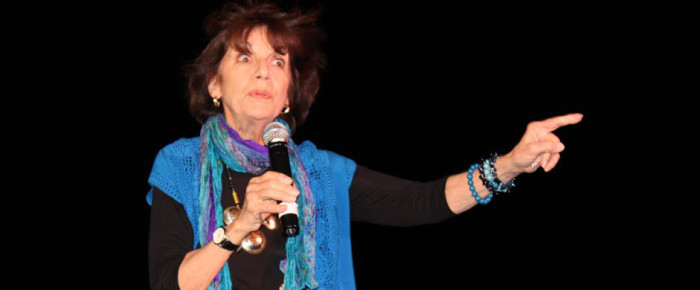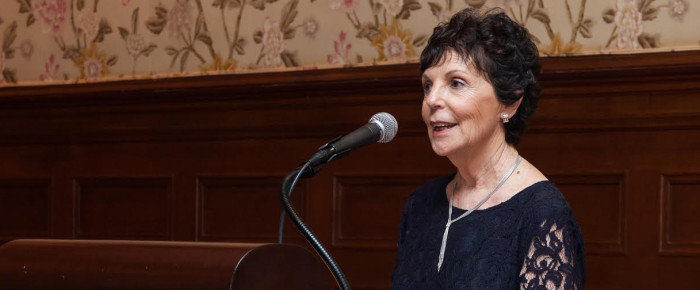Flo Meiler may be 81, but she’s still at the top of her games. She actually competed in 18 different sports last month at the World Masters Athletics Championships in…
Read more81-year-old pole vaulting champion on winning any challenge


Flo Meiler may be 81, but she’s still at the top of her games. She actually competed in 18 different sports last month at the World Masters Athletics Championships in…
Read more
Anthony Giovanniello grew up in an Italian-American household in Queens, NY, but for as long as he can remember, he says he’s had an affinity for Asian culture. “My parents…
Read more
Do you remember reading the play, “Zoot Suit” in high school or watching the movie “La Bamba” (1987), based on the life of 1950’s rocker Ritchie Valens, starring Lou Diamond…
Read more
Barbara Aliprantis jokes that she started listening in utero. She was born with a superb memory, an expressive voice, and a vivid imagination – the recipe for the perfect storyteller.…
Read more
When Marcella Rosen is passionate about any issue, she makes sure it is known – not in a pushy or obstinate manner, but in a “Can you believe it?” way.…
Read more